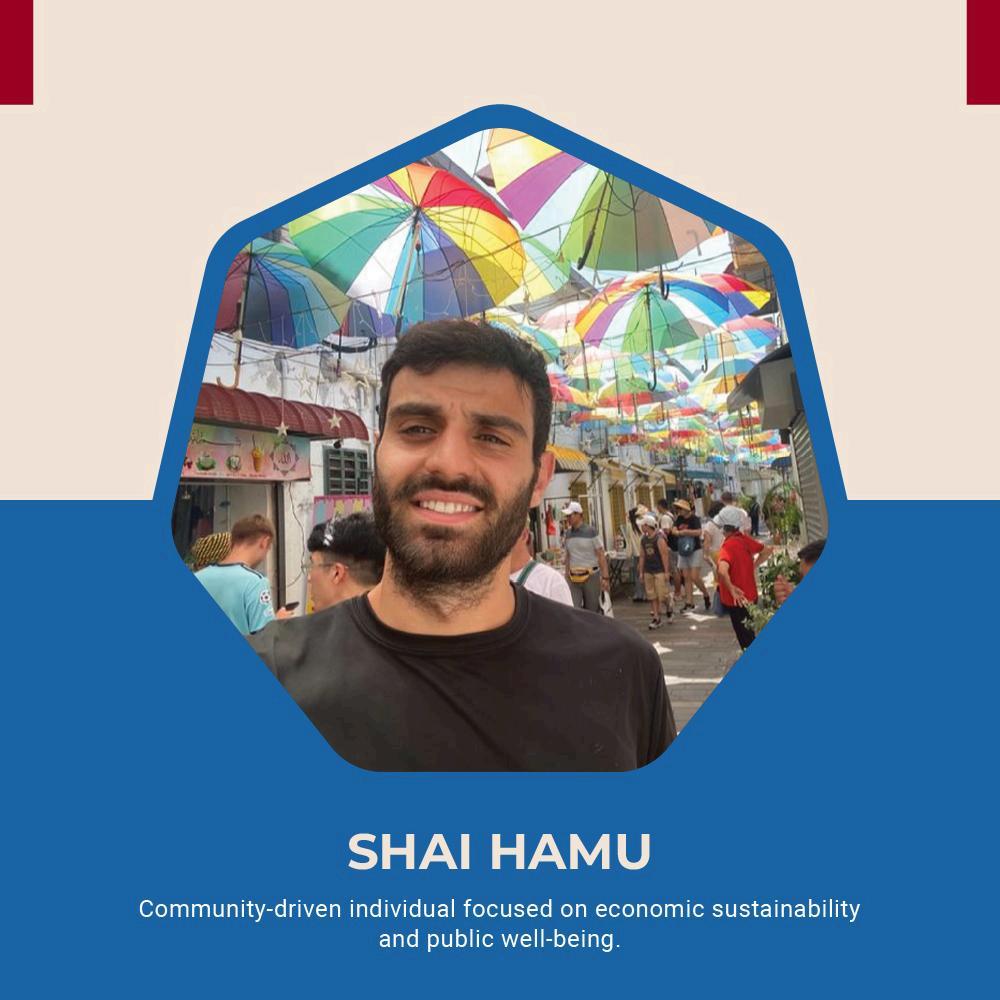From Feast to Faith: The Cultural Threads of Tradition

Shai Hamu suggests that tradition is more than a set of inherited practices; it is a living reflection of culture, belief, and community Across societies, rituals surrounding eating, believing, and celebrating reveal the intricate ways humans connect with their past and with one another Social anthropology offers a lens through which we can examine how these traditions influence identity and social cohesion
Food plays a central role in cultural rituals Shared meals are not merely about sustenance; they are symbolic acts that reinforce family bonds, social hierarchies, and spiritual beliefs. From the ceremonial feasts of harvest festivals to daily religious dietary practices, what and how people eat communicate meaning. For example, in many cultures, special dishes are prepared for weddings or religious observances, symbolizing prosperity, purity, or gratitude. Anthropologists study these practices to understand the values and histories embedded in culinary customs
Belief systems are intertwined with these food rituals Religious and spiritual practices often prescribe what is eaten, when it is eaten, and how it is consumed Fasting, feasting, and sacrificial offerings are expressions of devotion and moral order. They provide a structured rhythm to life, connecting individuals to something greater than themselves, whether it is a deity, the seasons, or ancestral spirits By observing these practices, anthropologists gain insight into the moral frameworks and cosmologies of different societies.
Celebrations, whether seasonal, religious, or life-cycle events, combine eating and belief into communal expression Festivals, weddings, and rites of passage are moments when cultural memory is enacted and transmitted Through song, dance, and food, communities affirm their identity and maintain continuity across generations. These gatherings are also spaces for negotiation, adaptation, and innovation, showing how traditions evolve while preserving core meanings
The study of eating, believing, and celebrating demonstrates that culture is lived, tasted, and felt Social anthropology highlights that traditions are not static relics but dynamic practices that sustain human connection and understanding. By examining these rituals, we uncover the values, stories, and shared experiences that define societies across time and space
